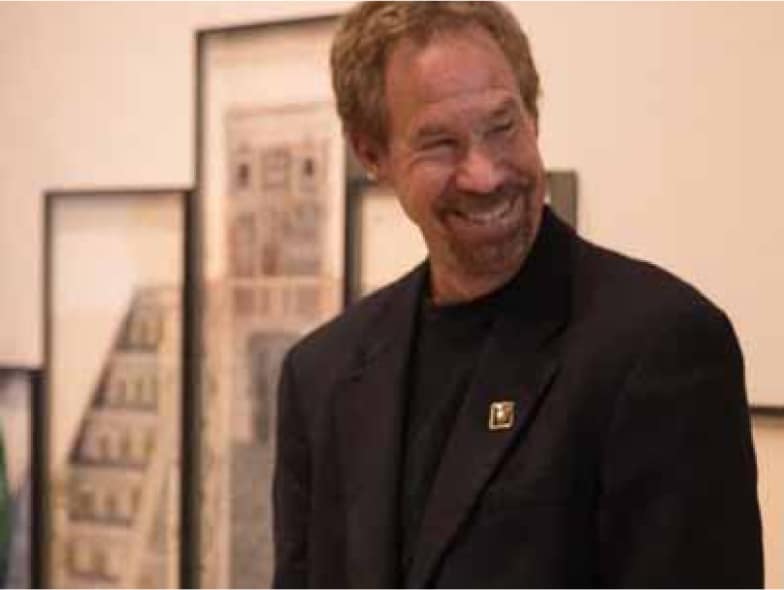Lindsay Jones Memorial Research Fund furthers research on the meaning and significance of the built environment.

Lindsay Jones Memorial Research Fund (LJMRF) was established in 2021 through a generous gift from the late Lindsay Jones. Lindsay was a groundbreaking scholar of Mesoamerican architecture most known for his two volume The Hermeneutics of Sacred Architecture, and as editor of the second edition of Mircea Eliade’s fifteen-volume Encyclopedia of Religion. He received his doctorate from the University of Chicago and taught for most of his career in the Department of Comparative Studies at The Ohio State University.
A longtime member of ACSF and frequent presenter at ACSF symposia, Lindsay is remembered for his highly-regarded, original research and courage for taking the road less traveled. His legacy lives on in the advancement of rigorous, innovative research supported by this fund. For his full biography, see our “In Memoriam” page for Lindsay.
Details
Calendar
Feb 1 – Submission opens
Apr 1 – Submission closes
Jun 1 – Grantees notified
Grant Amounts
Typically range from $2,000—$5,000 USD
Review Committee
ACSF board members and ACSF members
We fund research on the meaning and significance of the built environment. The LJMRF is intended as seed funding to support long-term scholarly agendas. We encourage applicants and proposals from a range of built environment disciplines (e.g., architecture, landscape architecture, sacred arts, urbanism, interior design, environmental psychology, material culture, phenomenology, etc.). Project proposals should identify one of the four principal areas of the fund: scholarly research, practice, service, or teaching. Successful applications might propose projects in a range of venues and media including, but not limited to, scholarly writing, film or other broadcast media, built works or projects, community engagement programs, or educational innovation.We are especially interested in projects that advance the ACSF Mission and its vision that the design and experience of the built environment can assist in the spiritual development of humanity in service of addressing the world’s most pressing problems. We welcome applicants from anywhere in the world. We only fund individuals, not institutions or organizations. Funds may not be used for overhead or operating costs, academic coursework or tuition, or attending the ACSF symposium for presenting final results.
Grants are awarded every year and should be completed within a two-year period. After one year grantees submit a written report on progress to the LJMRF Awards Committee. At the conclusion of their research project grantees submit a final report and present at the next annual ACSF symposium, which become part of the ACSF open source research archive.
Project proposals are judged according to the following:
Project Proposals should include:
• Project Title
• Contact information (e mail and mailing addresses, partnership(s) or collaborator(s) if appropriate)
• Project Description (one sentence)
• Abstract (150 words max.)
• Project Statement ((identify one of the four principal areas of the fund: scholarly research, practice, service, or teaching, and describe the project’s topic, subjects, principal sources, rationale, methodology, intended outcomes, role(s) of project leader(s), and how it will support your long-term scholarly agendas, 1000 max)
• Bibliography (no more than 15 bibliographic or other references for the project)
• Plan for Dissemination (describe the target audience for the project and how it will be disseminated and promoted to reach its audience, 200 words max)
• Budget (provide a project budget including amount requested and other funding sources, if appropriate)
• Work Plan and Project Timeline (provide a detailed work plan, including project timeline, start and end dates, 200 words max)
References (provide the names and contact information of two references. Only the references of finalists will be contacted).